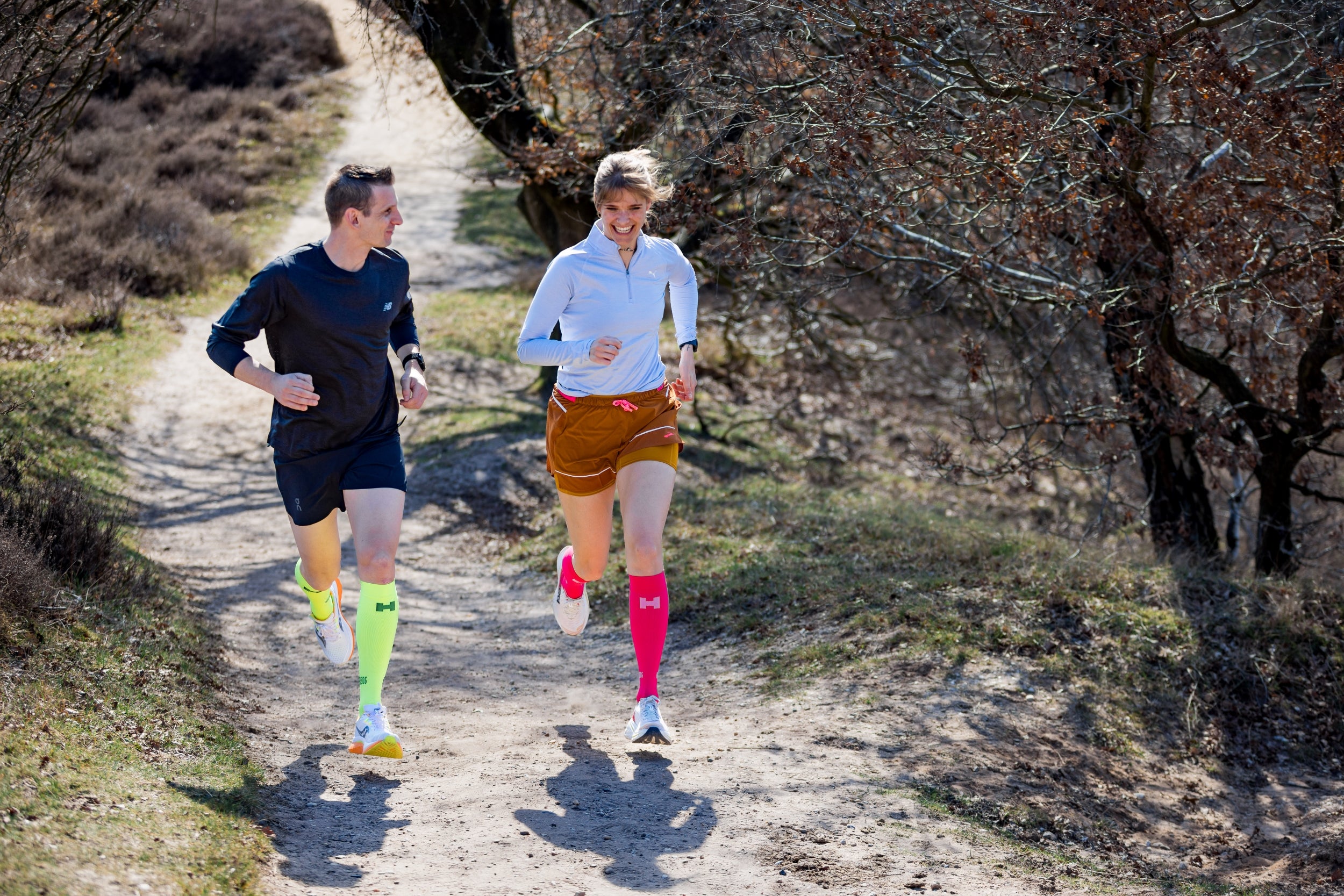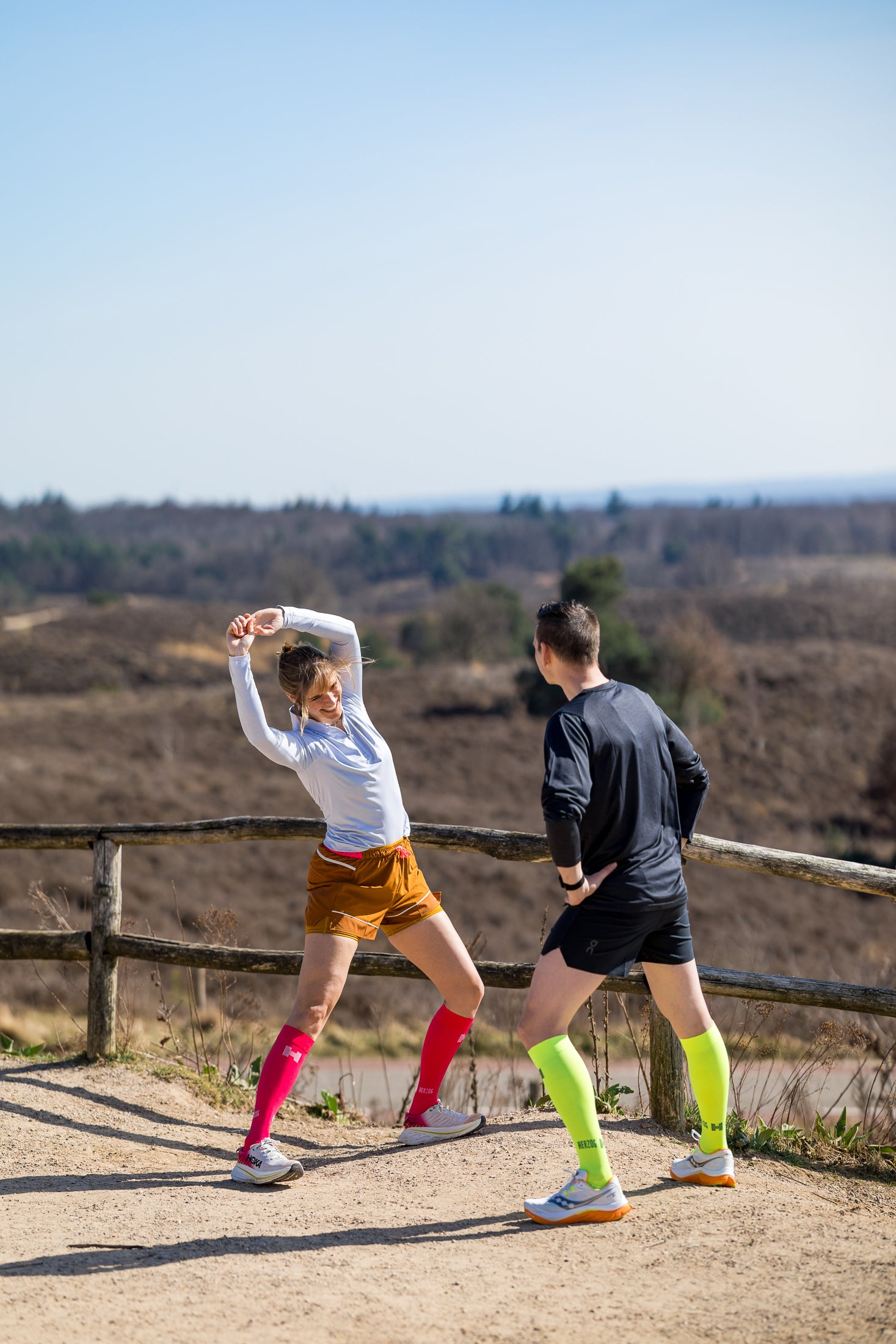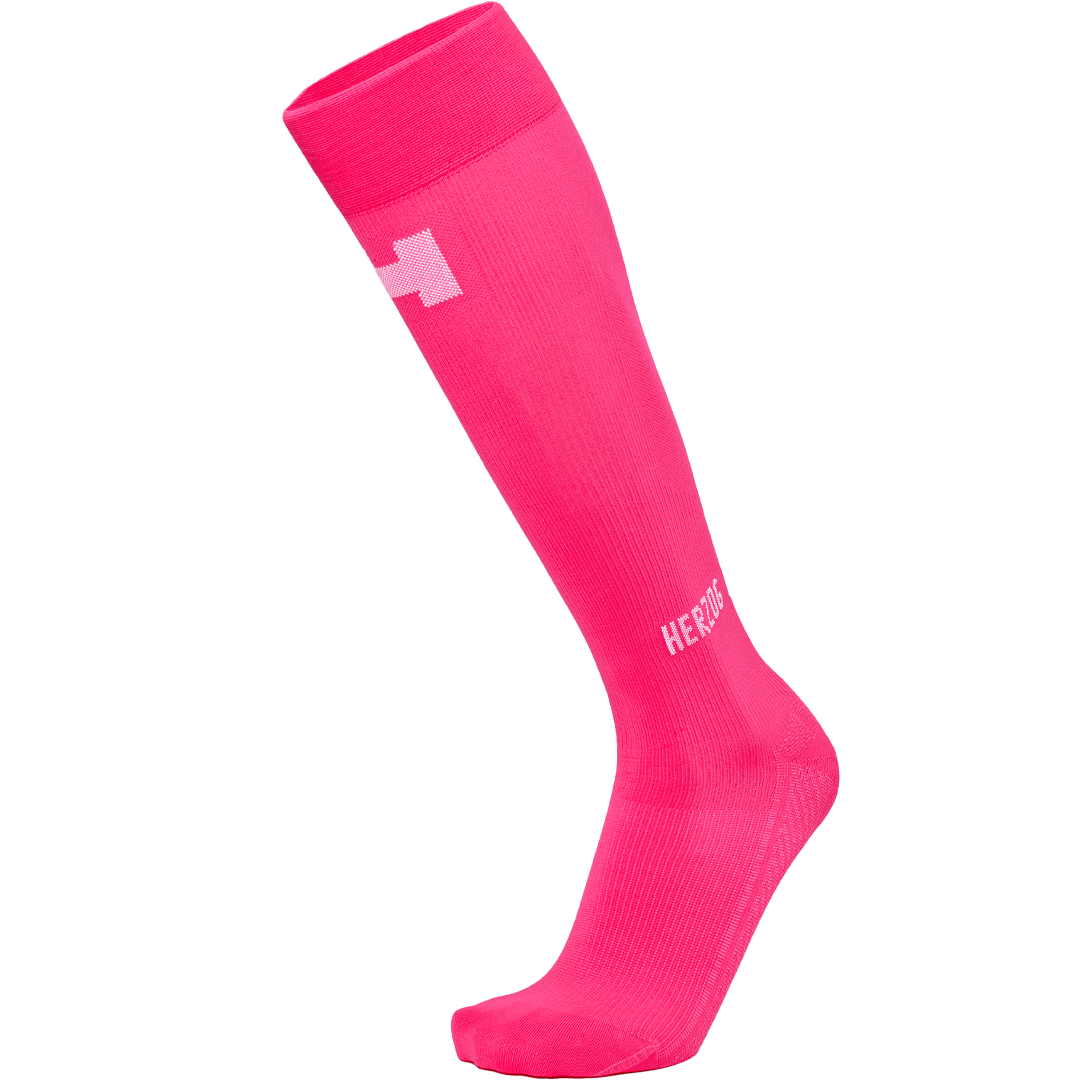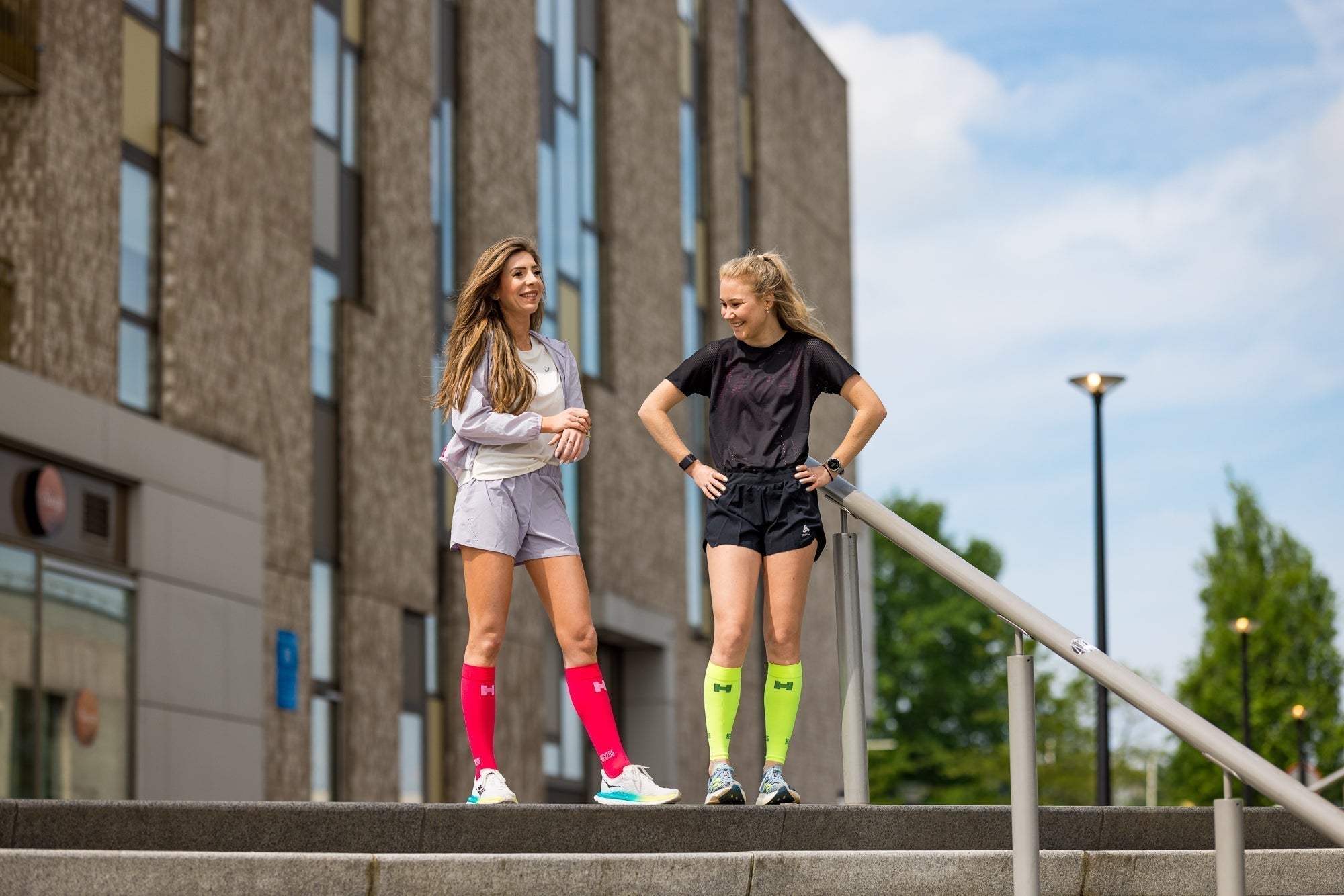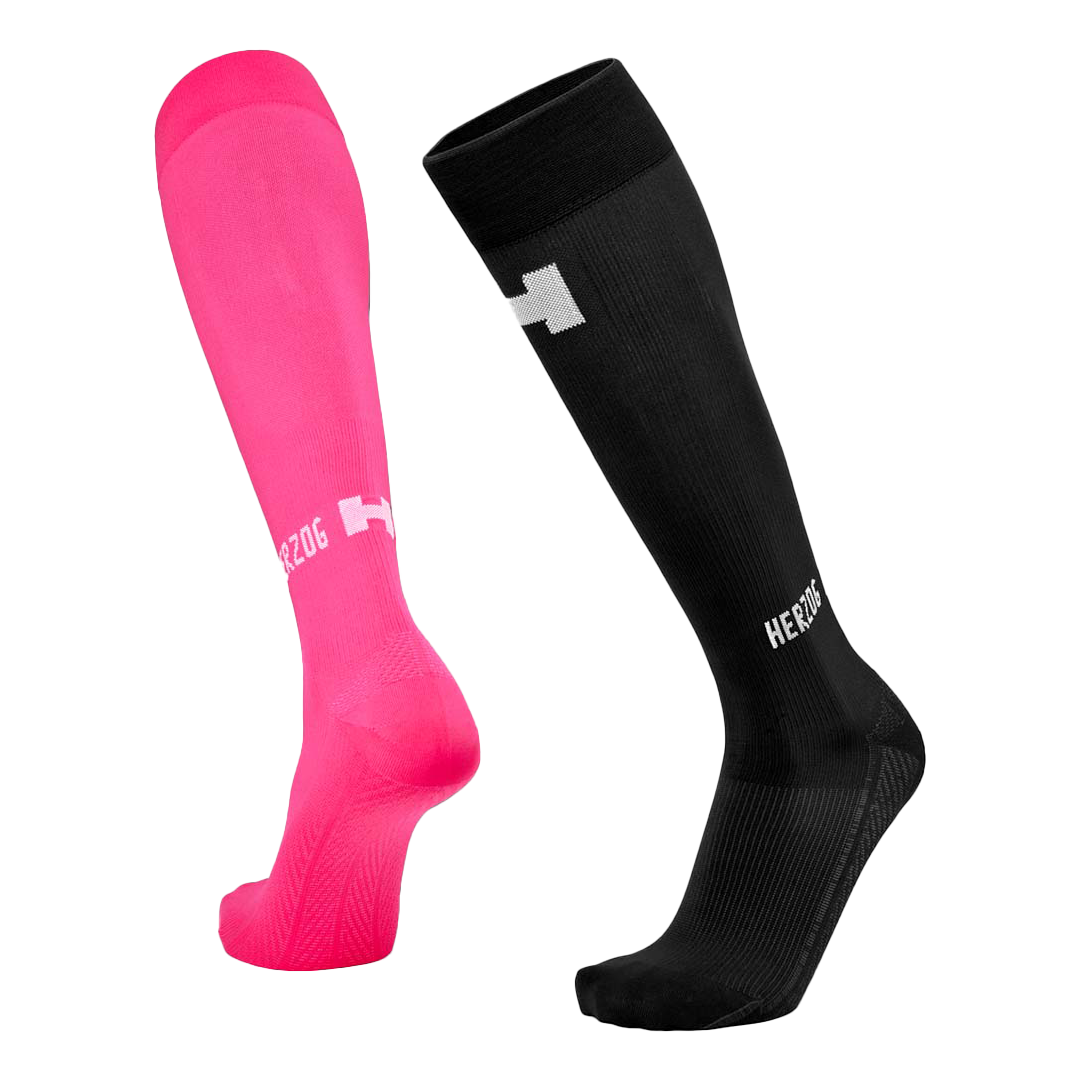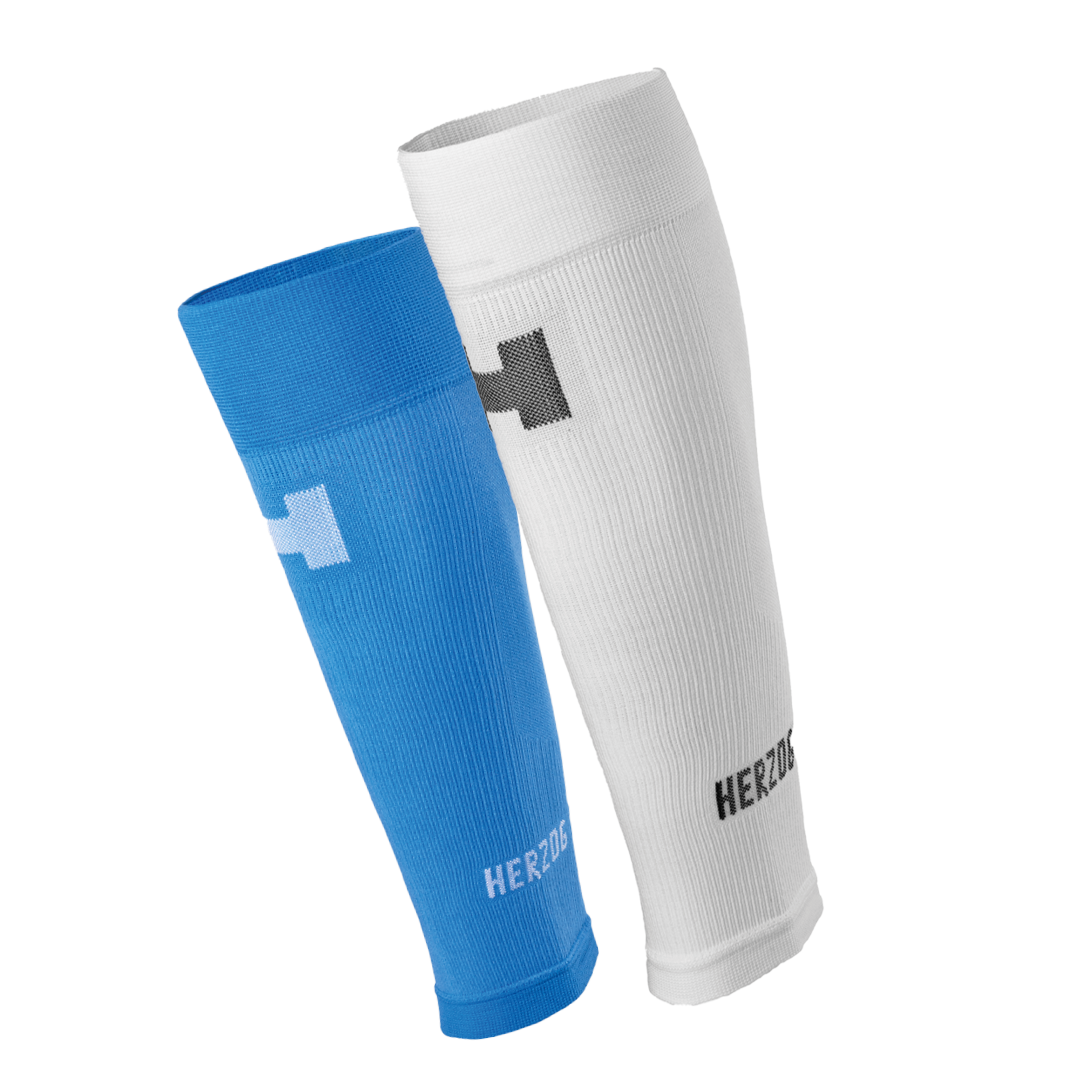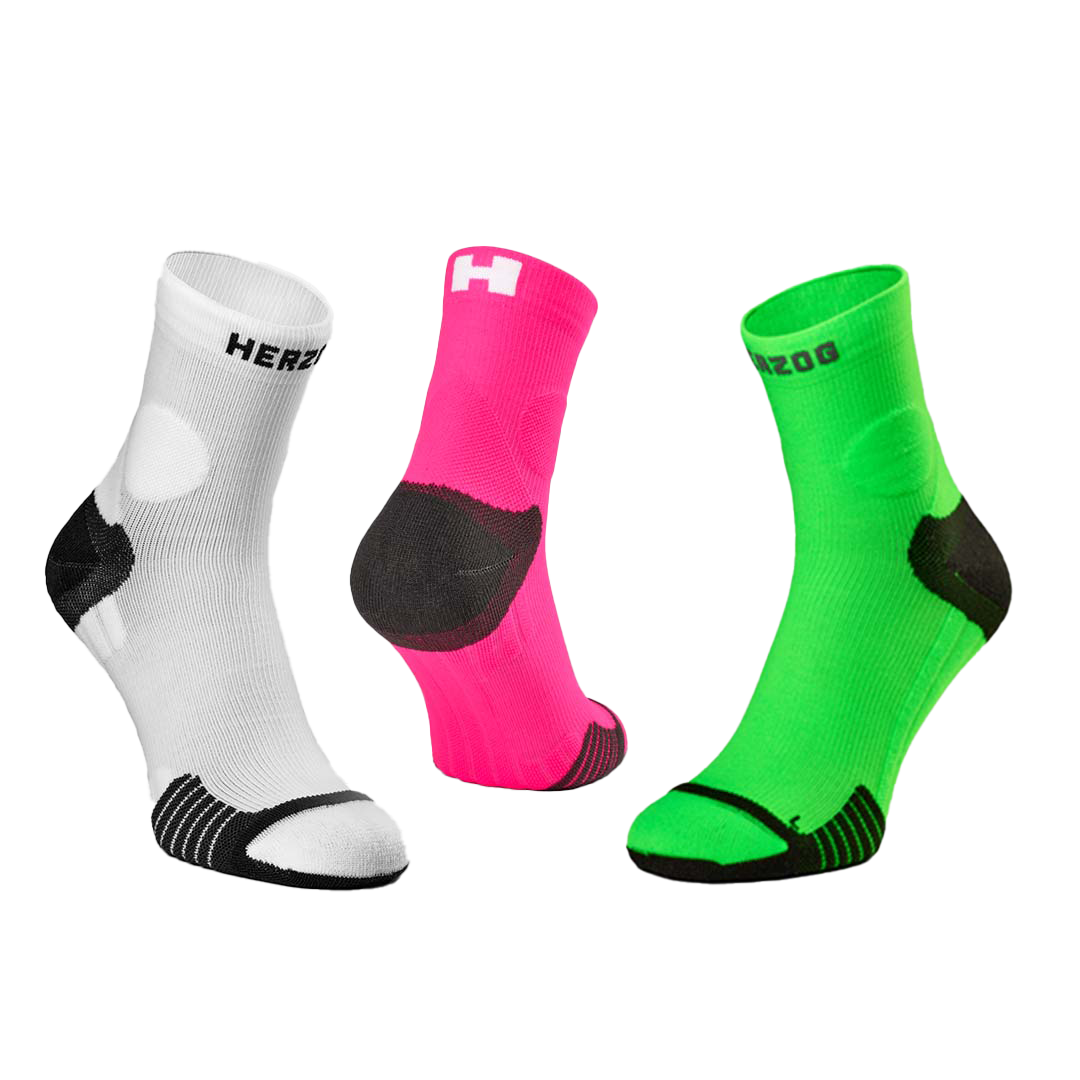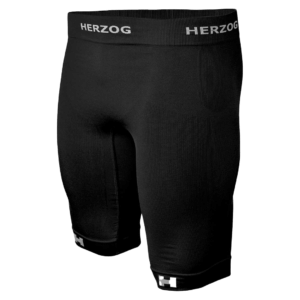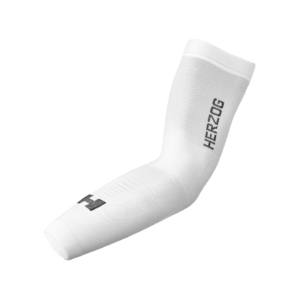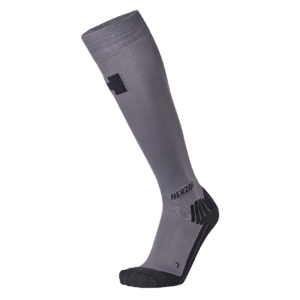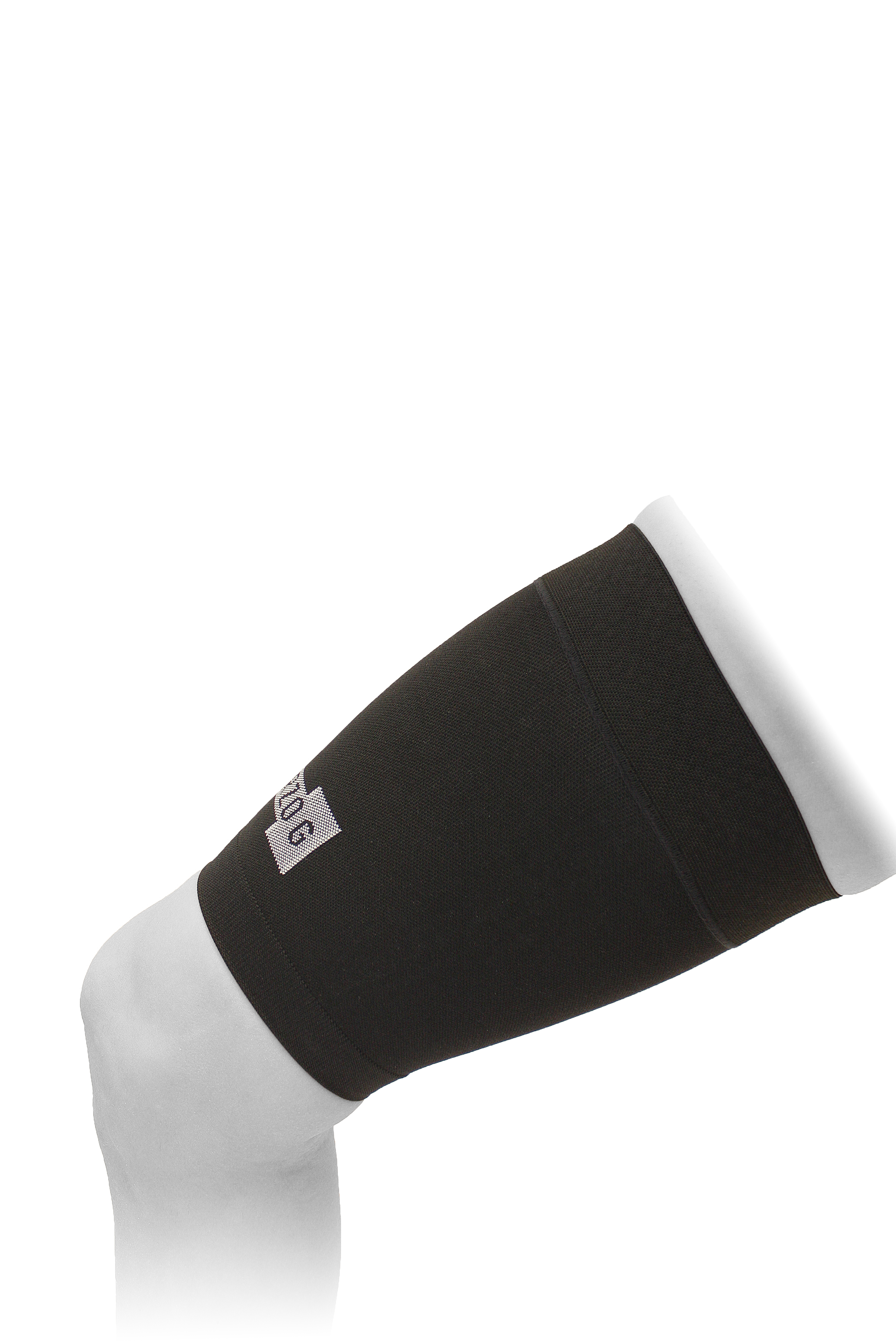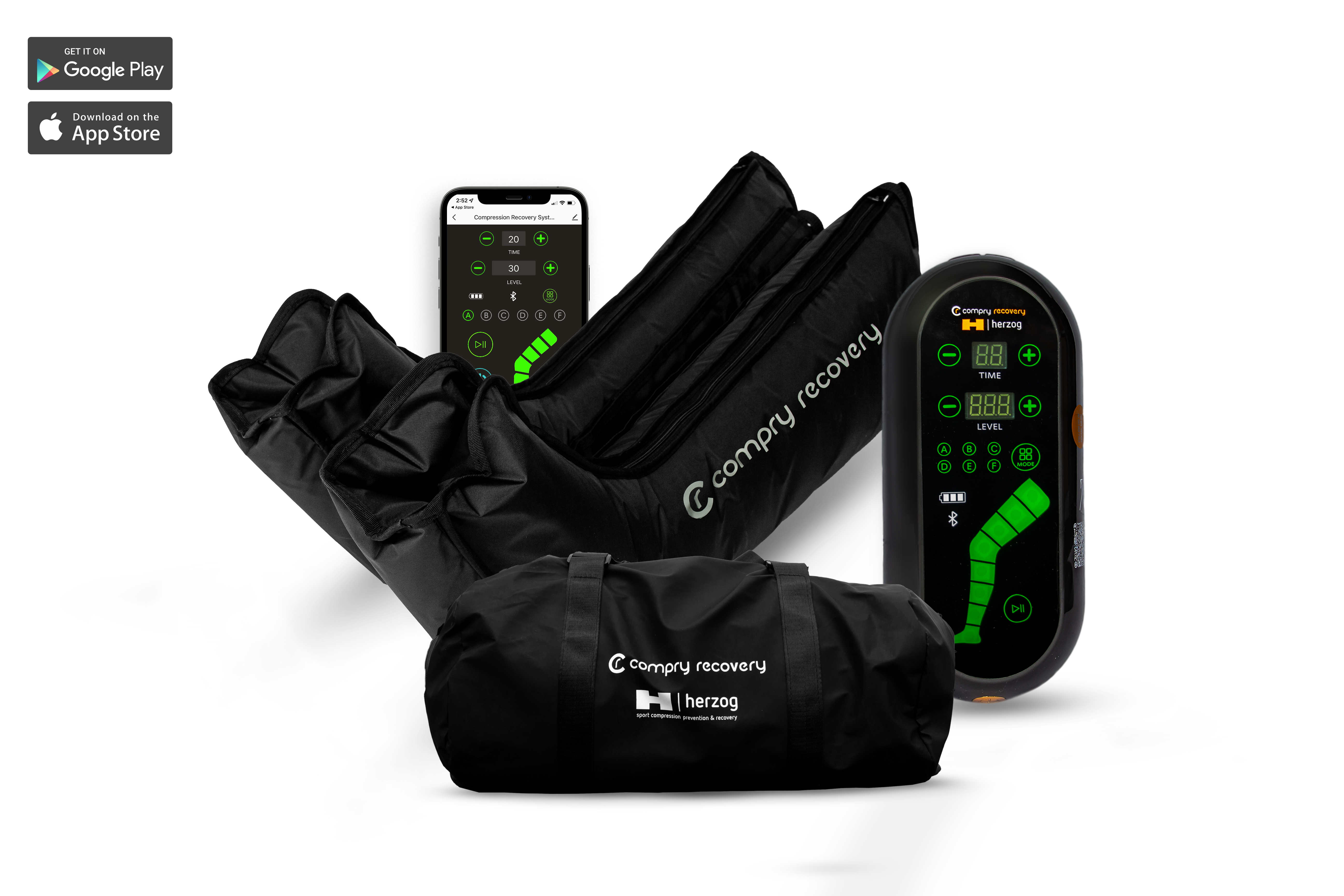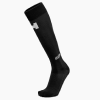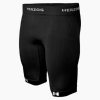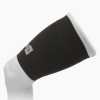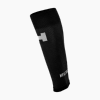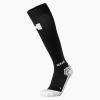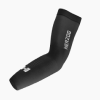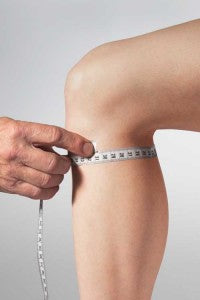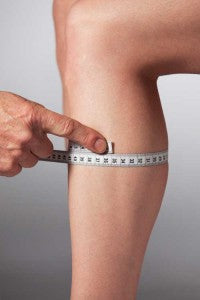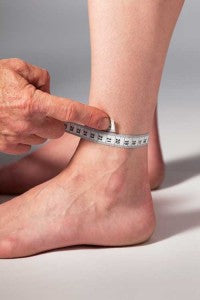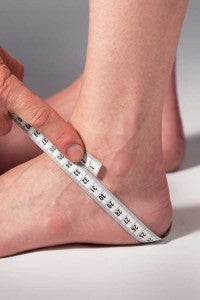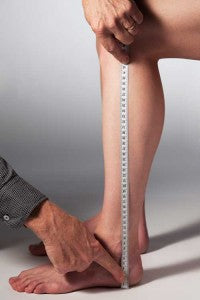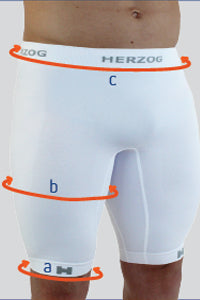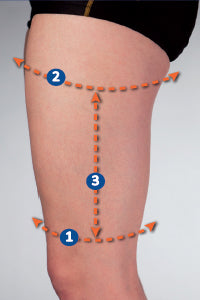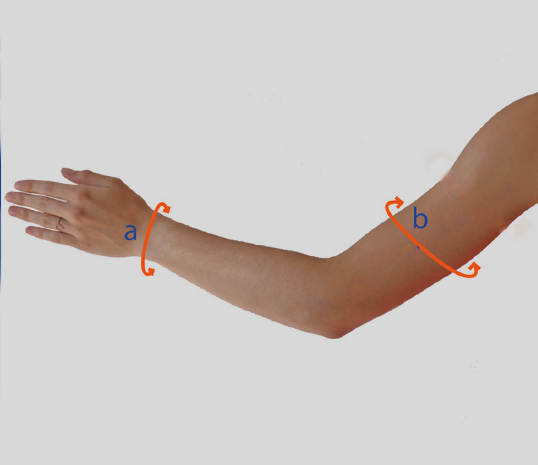How do you get rid of calf muscle pain?
Calf muscle pain after exercise is normal, but it can be annoying, especially for beginners or after an intense workout. Want to get rid of it? Try the following:
• Active recovery: continue with light exercise (walking or cycling at low intensity).
•Herzog Compression Stockings: promote the removal of waste products.
• Hydration: drink enough water, possibly with magnesium.
• Diet: Eat a diet rich in protein to promote muscle recovery.
• Rest: give your muscles enough time to recover.
What if the pain persists?
Long-term or recurring pain could indicate incorrect technique, overuse, or even a tendon injury. In that case, it's wise to visit your doctor or physiotherapist.
Frequently asked questions about calf complaints
What are the symptoms of a calf muscle tear?
A sharp, sudden pain, often accompanied by a "popping" sensation, swelling and bruising.
What is the difference between a sprain and a tear?
A sprain is milder, with slight stretching pain. A tear often involves loss of function.
Can I continue walking with calf pain?
Often yes for mild muscle pain or tension, but preferably not for stabbing pain, cramps or swelling.
Is magnesium good for the calf muscles?
Yes, especially for cramps or muscle fatigue. Magnesium helps with muscle relaxation.
What to do about calf cramps?
Stretch the muscle gently, drink water, and massage the calf. Does this happen often? Then check your salt balance and hydration.
How do I recognize a muscle injury or tendon problem in the calf?
Tendon complaints are often felt at the start of exercise and afterwards, while muscle pain increases during exercise.
When should you see a doctor?
• If the calf is swollen and red (possiblythrombosis).
• If you have had a popping sensation and can no longer walk properly.
• If the pain persists despite rest and restorative measures.
• If there is a muscle or tendon tear.

